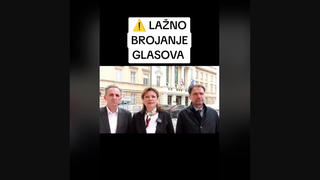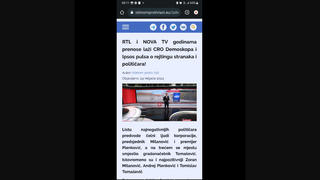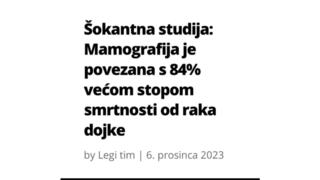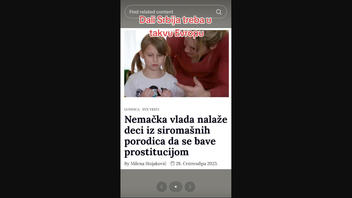
Is the German government ordering children from poor families to engage in prostitution as a sustainable way to make money? No, that's not true: A German children's book funded by the local government of the city of Berlin aimed to explain prostitution to children aged 6 to 12 living in Berlin's red-light district but did not "order children to engage in prostitution." It had been listed as a resource for parents on the website of the Mitte district in Berlin, but was removed after a recent wave of criticism.
The claim appeared in a video (archived here) on TikTok on September 29, 2023. It opened (translated from Serbian to English by Lead Stories staff):
German government orders children from poor families to engage in prostitution
This is what the post looked like on TikTok at the time of writing:
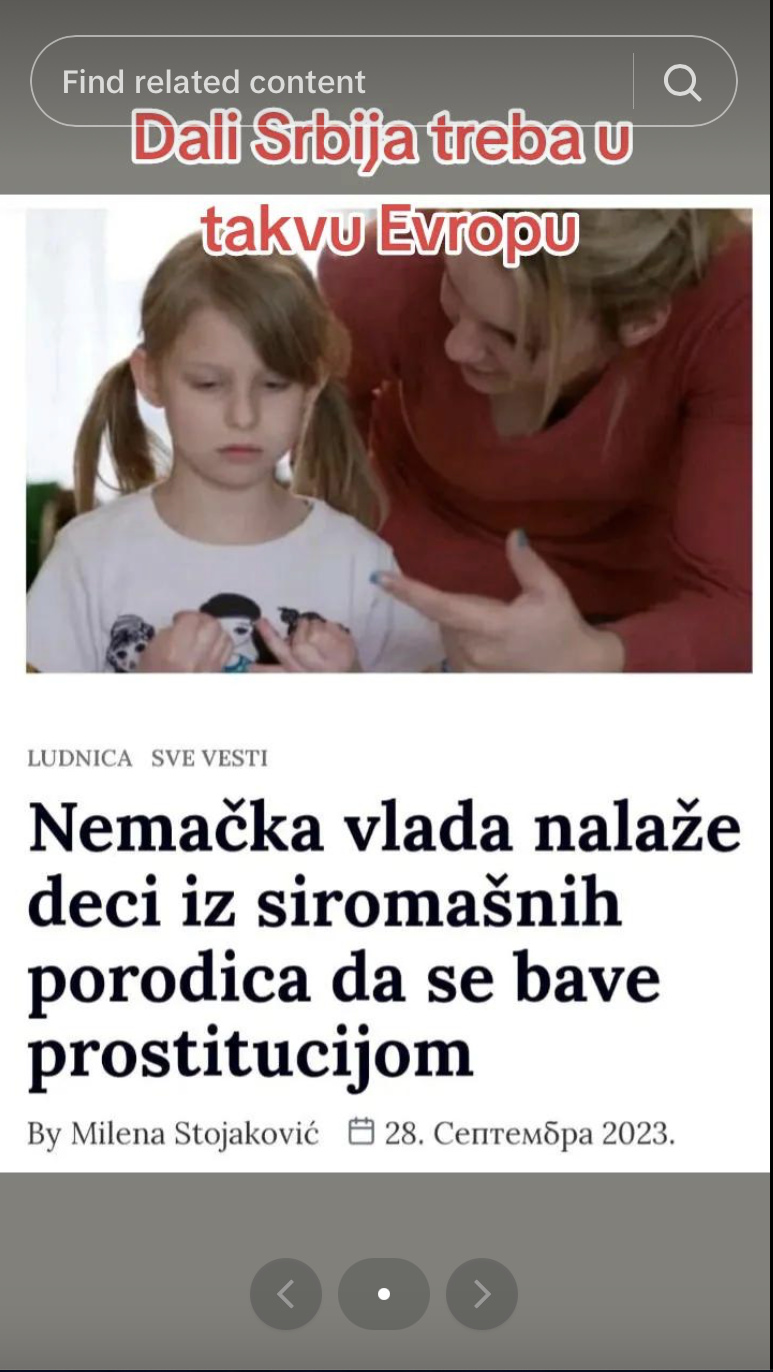
(Source: TikTok screenshot taken on Thu Dec 21 17:02:44 2023 UTC)
The video features an article published by Nulta tačka, a news portal known for promoting misinformation. The article says (as translated) that a new government-approved children's book is being distributed to children in Berlin to teach them about the "benefits of prostitution," and that the German government has begun directing children from poor families to turn to prostitution as a viable means of earning extra money. This is false.
In 2012 a book called "Rosi sucht Geld" or "Rosi Needs Money" (translated from German to English by Lead Stories staff) was written, with funds from the Social City program of the Senate Department for Urban Development of the city of Berlin. It was a response to concerns raised by families who lived in the Kurfürstenkiez about how to explain prostitution to their children. The protagonist is a girl called Mirjam, who is curious about what the women do who she sees standing on the street almost every day. She meets a prostitute called Rosi and learns terms such as condom and what sex workers do. In the end, Rosi goes back to her children in Bulgaria.
For the past 10 years, there have been no reactions to the book, although it had been actively advertised after its publication, commented Mitte District Mayor Stefanie Remlinger. It was only after it was mentioned in a podcast that the book started to be criticized, with many saying it played down and romanticizes prostitution. It was then removed from the Mitte district website to be revised and aligned with today's needs, a press release from the Mitte district office said on September 26, 2023.
Prostitution is legal in Germany and is regulated by the Prostitute Protection Act from 2017, which aims to enhance the working conditions and the legal position of sex workers, as well as to fight human trafficking, violence and exploitation.


